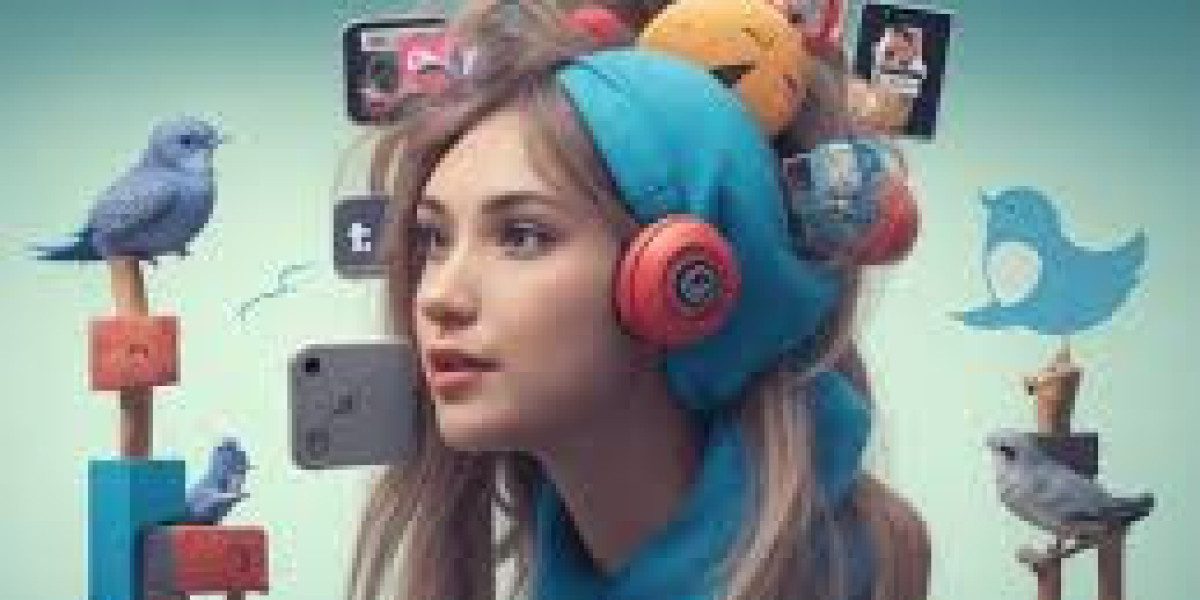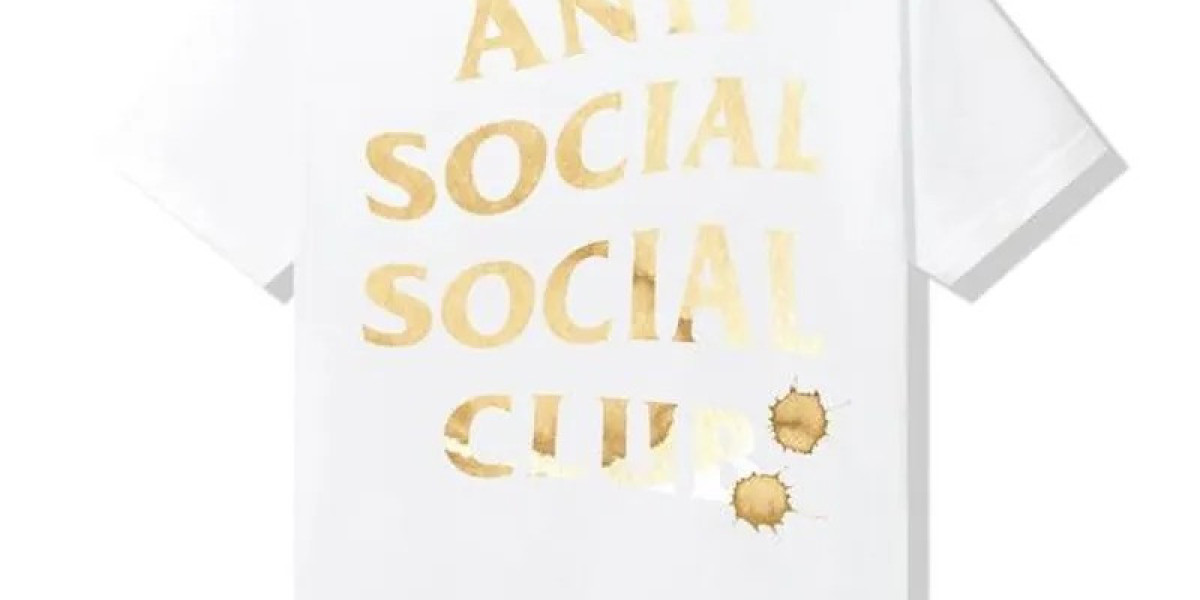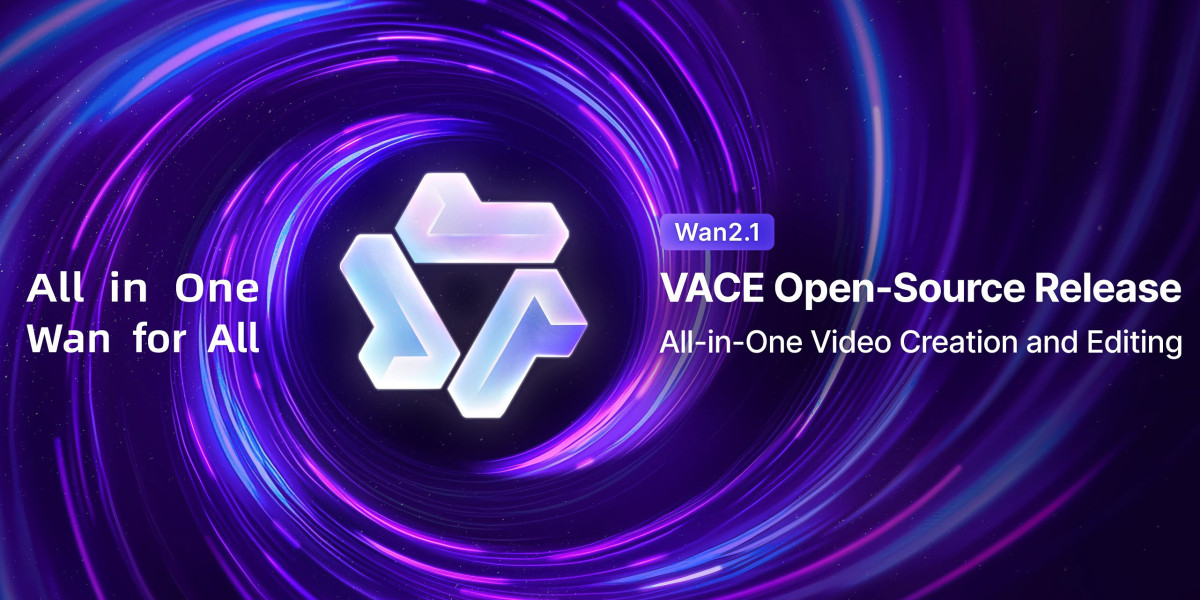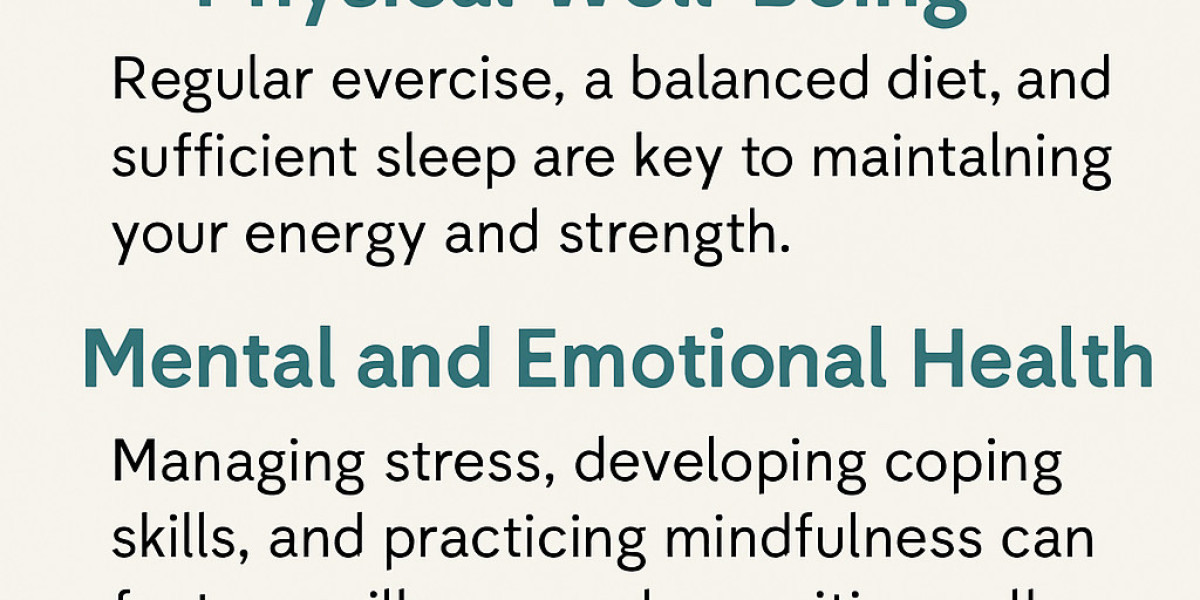Celebrity culture has changed faster than ever in the last decade. What used to take years of film roles, music albums, or public appearances to build can now happen overnight with a single viral post. I’ve seen how social media platforms have turned unknown names into household ones — sometimes in just a few hours. But the real question I’ve often asked myself is whether social media is building stars for the long run or just giving temporary fame that fades too quickly.
The truth is, social media has redefined what being a “celebrity” even means. It’s not just about being on the big screen or releasing hit songs anymore — it’s about being seen, heard, and remembered online.
The New Age of Celebrity Discovery
When I scroll through my feeds, I often notice how new influencers appear almost daily. Some are singers, dancers, gamers, or comedians — while others simply share parts of their daily lives that people find relatable. Platforms like Instagram, TikTok, and YouTube have completely removed the barriers that once separated regular people from stardom.
Before, you needed an agent, a network, or a label to “make it.” Now, all it takes is a camera, a story, and a consistent posting routine. The result is a new generation of creators who build genuine communities instead of distant fan bases. Their followers connect not just with their work, but with their personalities.
This is what makes today’s celebrity culture different. It’s not about being unreachable; it’s about being authentic. I’ve realized that people are drawn to those who feel “real,” not perfect. That authenticity often helps build lasting trust, something traditional celebrity culture sometimes lacked.
Social Media as a Launchpad for Success
Social media isn’t just a trend — it’s a tool for building brands. Many of today’s most recognized names started online. For example, musicians have released songs independently, found massive audiences, and later signed record deals. Comedians have turned short skits into full-length shows. Even actors have landed major roles through viral clips that caught the attention of producers.
The power of connection is what drives this. Platforms give creators the ability to speak directly to their audience, test ideas, and grow without middlemen. I find this empowering — it’s a level playing field where anyone can rise based on effort and creativity.
Here’s what makes social media such an effective launchpad:
Direct communication with fans builds trust and engagement.
Instant feedback helps creators understand what people want to see.
Global reach means one post can connect with millions.
Monetization options allow creators to sustain their craft without external backing.
This structure rewards persistence. Those who adapt, listen, and evolve are the ones who stay relevant. It’s like seeing talent grow in real time, right in front of our screens.
Even in my own experience, I’ve seen how a product or personality can build recognition through the right platform. The same principle applies to lifestyle products I use, such as Mr Fog Switch 5500 GRAPE ICE, which gained popularity because users shared honest reviews online, helping others discover it faster. That’s the same kind of organic influence that drives modern celebrity success — authentic stories shared with genuine intent.
Why Authenticity Wins Over Perfection
The days of polished, scripted celebrity images are slowly fading. Today, people crave transparency. They want to see the behind-the-scenes moments — the unfiltered versions that show real human emotions. When I follow celebrities now, it’s not just about what they’re doing, but how they’re living.
The shift toward authenticity has created a deeper sense of connection between stars and fans. Whether it’s a heartfelt story, a candid laugh, or even a simple “day in the life” video, these moments feel real. They remind us that celebrities are people too.
There’s also a strong sense of relatability here. Viewers see themselves reflected in these personalities. This builds long-term loyalty, which is far more valuable than quick fame.
Social media stars who share their values, challenges, and progress often inspire others to do the same. It creates a community, not just an audience. And that’s what defines the new generation of celebrities — shared experience over distant admiration.
From what I’ve noticed, success now depends less on being flawless and more on being relatable. When someone chooses to be authentic rather than perfect, people naturally respond. It’s a change that’s making the entertainment industry more open and inclusive than ever before.
The Future of Celebrity Culture
Looking ahead, I believe celebrity culture will keep evolving alongside technology. Virtual reality, streaming, and interactive media are opening up new possibilities for artists to reach their audiences. The idea of “celebrity” will expand beyond traditional platforms into more immersive spaces where fans can participate, not just watch.
I also think collaboration will play a bigger role. Creators from different backgrounds — music, fashion, gaming, and lifestyle — are already working together to produce content that feels fresh and inclusive. That blend of creativity is shaping the future of entertainment in exciting ways.
For brands and creators alike, the goal is the same: to build genuine relationships through meaningful content. Every post, live stream, or comment is an opportunity to connect, share, and grow together.
It’s also interesting how this shift has inspired product-driven communities too. For example, when I tried mr fog switch, I noticed how people shared their thoughts about flavor and experience online. It reminded me how fan engagement around lifestyle choices mirrors how people interact with their favorite celebrities — through trust, familiarity, and shared enjoyment.
At the end of the day, social media isn’t destroying stars. It’s transforming what stardom means. Instead of being defined by distance, it’s defined by connection. Instead of being about image, it’s about influence. And instead of being built by the industry, it’s built by people.
The line between “fan” and “celebrity” is thinner than ever — and that’s not a bad thing. It means we all have the potential to inspire, create, and share stories that resonate with others.
As I think about this transformation, I realize how much opportunity lies in being open and genuine. Whether it’s a content creator, a musician, or even a brand like mr fog vape, success comes from staying true to who you are and sharing that honestly with the world.
Social media didn’t just change celebrity culture — it gave it new life. And that’s something worth celebrating.
A World Built on Connection
We live in an era where fame isn’t owned by a few — it’s shared by many. The celebrities of today are creators, storytellers, and connectors. They thrive not because of how much they’re seen, but because of how much they’re felt.
From music videos to daily vlogs, from live Q&As to creative brand collaborations, everything revolves around the same idea: building meaningful engagement.
And for me, that’s what makes this age of celebrity culture so exciting. It’s real, it’s evolving, and it’s accessible.
Social media hasn’t destroyed stars — it’s created a universe full of them, each shining in their own way.








